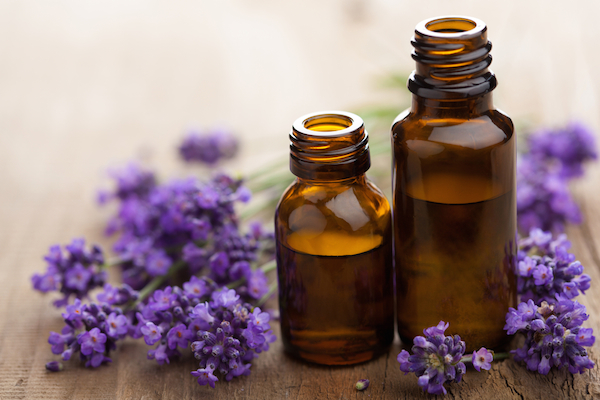
If you haven’t heard by now, then shame on you for not knowing that all aches, pains, and discomfort can be instantly cured by essential oils…at least that’s what ALL of your friends are probably telling you on social media. So what’s the deal on this newest trend anyway? As with most overnight miracle cures, you can should try to punch out the holes in the claims before literally buying in to it.
Where Can I Buy Essential Oils?
Communities are popping up everywhere filled with “distributors” of various essential oil brands promoting the extremely exaggerated claims that these oils remedy everything from menstrual cramps to split ends. Did you just get stabbed in the stomach with a sword? A little dab of elderberry oil will heal that up by dinnertime!
Keep in mind, many of these “distributors” have signed up to sell these concentrated liquids simply because they can now purchase God’s gift to humanity for a tiny bit less than a small fortune per bottle. But it’s OK, because the moment any friend posts a status regarding a minor ailment (“My appendix burst! What should I do?”), they are now self-appointed natural healing masters here to bestow their wisdom upon us all (“Oh sweet child, massage myrrh and lavender oils on your temples while reciting the Pledge of Allegiance. Your appendix will sew itself back together!”).
Now I will go mix up a blend of ginger, tea tree, and lemon oil to cure my sarcasm and bad attitude…
Try This: Oil Pulling: Is It Legit?
When Can Essential Oils Work?
Taking medicine stinks, so there are always other options. To be fair, many essential oils are well regarded as useful in certain circumstances, according to this report from NYU Medical Center.
For example:
- “Vicks VapoRub” is actually a gel form of peppermint, eucalyptus, and camphor essential oils.
- Peppermint oil has been proven effective for tension headaches, nausea, and PMS.
- Lavender can treat bee stings, insomnia, and allergy symptoms. See the full list here.
Do your research, ask questions, or talk to your trained health care provider if you have questions about essential oils. Keep in mind that the multi-level marketing companies do not have “certified therapeutic grade” essential oils simply because no certification or quality standards even exist, according to this report by the Cropwatch Organization.
Can Essential Oils be Dangerous?
Where it gets unsafe is the use of essential oils internally, or the topical use of undiluted oils. The recommended correct dilution for topical use is 1% for children and pregnant women, 2% for adults, and 3% for medicinal use. Some undiluted essential oils are “skin friendly” such as lavender and tea tree oil, though a skin patch test is always recommended. The National Association of Holistic Aromatherapy warns that using oils internally and too often is known to cause infection or toxicity in the body.
Also Read:
Millennials Support Holistic Health More Than Any Other Generation
Treat Yourself with Edible Flowers
The Medicine Cabinet in Your Spice Rack
